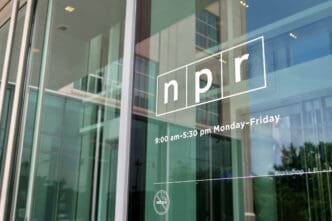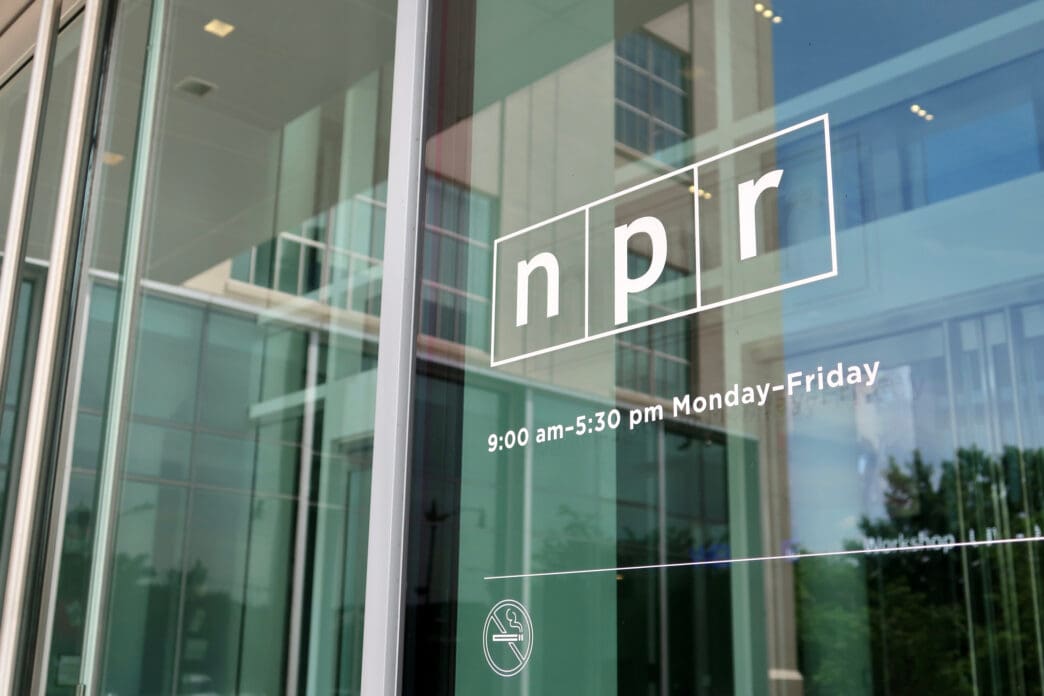Executive Summary
The Story So Far
Why This Matters
Who Thinks What?
President Donald Trump is escalating his administration’s pressure on media organizations, shifting from accusations of “fake news” to direct legal and regulatory actions against outlets like the New York Times and NPR, and influencing others through billionaire allies. This aggressive posture, highlighted by the recent suspension of Jimmy Kimmel’s show on ABC and a strong rebuke from Senator Ted Cruz, is reportedly reshaping the landscape of political media criticism, signaling the obsolescence of the long-standing “liberal media” trope.
Shifting Media Landscape
The perception of a “liberal media” has been a significant narrative in American politics, particularly since the emergence of Fox News in the late 1990s. This view, often associated with figures like Rush Limbaugh, was rooted partly in the concentration of major media headquarters in Democratic-leaning cities. An analysis by Allison Morrow suggests this perception was often exaggerated and unfair.
In his second term, President Trump has reportedly moved beyond merely criticizing “perceived bias” or “fake news.” He is now directing lawyers and regulators towards outlets he views as threats, while also allowing wealthy supporters to seek control over others, such as CBS and Nexstar, in an effort to compel compliance.
Direct Pressure and Consequences
A recent flashpoint in this evolving dynamic is the controversy surrounding Jimmy Kimmel. After ABC reportedly pulled Kimmel’s late-night show in response to a threat from President Trump’s FCC “attack dog,” the President then suggested NBC should follow suit. This incident underscores the direct pressure being exerted on networks.
The media industry is currently navigating a confluence of challenges. Economically, it faces the continued hollowing out that has persisted for the past quarter-century. Simultaneously, it confronts a political movement described as “bent on silencing its critics,” creating a difficult operating environment.
Attempts by some networks to appease this political pressure have reportedly proven counterproductive. Both ABC and CBS have paid millions to avoid legal battles with President Trump, only to find that his demands continued. Trump has also publicly stated his belief that he should have the authority to revoke network licenses for overwhelmingly negative coverage.
Bipartisan Concerns
President Trump’s rhetoric regarding network licenses has drawn sharp criticism, even from within his own party. Republican Senator Ted Cruz described such statements as “dangerous as hell” and likened them to “mafioso” tactics, highlighting concerns about potential overreach.
The ongoing attacks on mass media, the business realities of journalism in the digital age, and the apparent shift away from the “liberal media” narrative are topics of current discussion. Journalist and media critic Jeff Jarvis is expected to offer further insights on these developments.
Outlook for Media
The escalating direct pressure from President Trump’s administration, combined with the industry’s economic vulnerabilities, marks a significant turning point for American media. This new era of confrontation, exemplified by specific actions against networks and talent, suggests that traditional accusations of “liberal bias” are giving way to more direct challenges to journalistic independence and operational autonomy.








